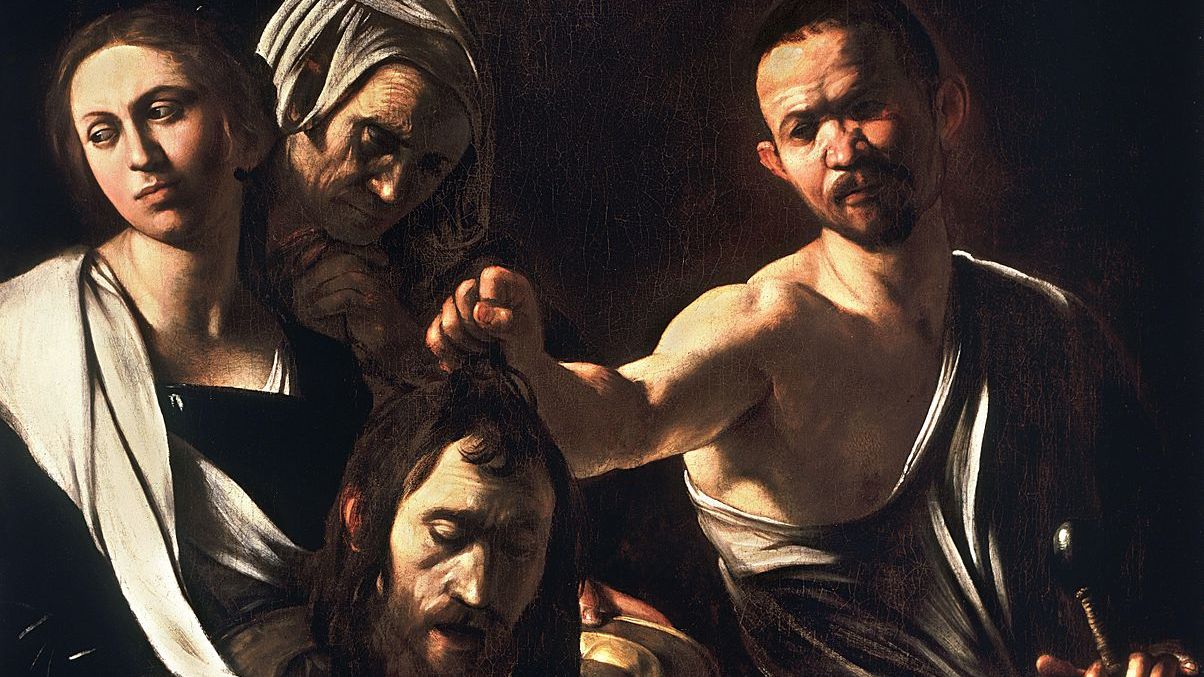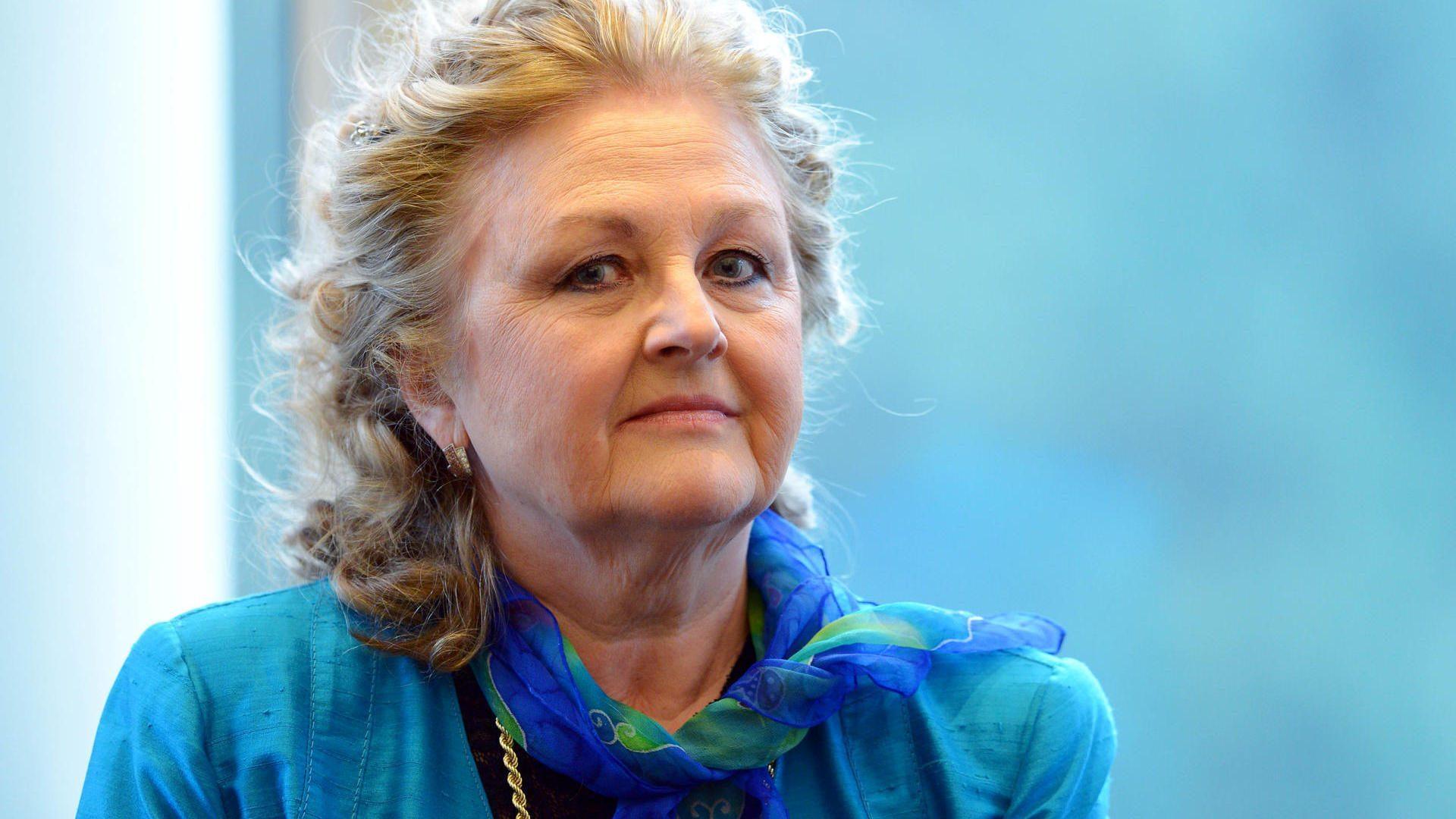Remembering Kazuyoshi Akiyama
Kazuyoshi Akiyama, the renowned Japanese conductor, passed away last Sunday, January 26. He was 84. Akiyama made his debut with the Tokyo Symphony Orchestra in 1964. The collaboration was so successful that, within two months, he was given the dual posts of music director and permanent conductor. He went on to serve as assistant conductor of the Toronto Symphony Orchestra (1968-1969), and music director of the American Symphony Orchestra (1973-1978). His reputation …







